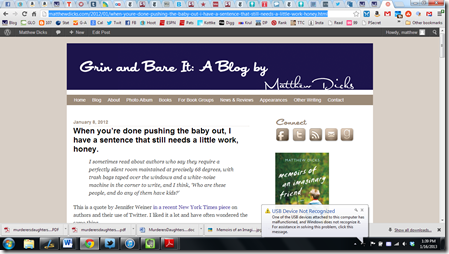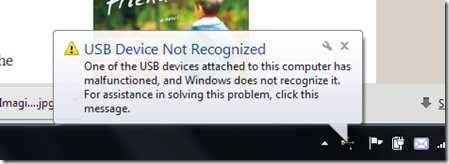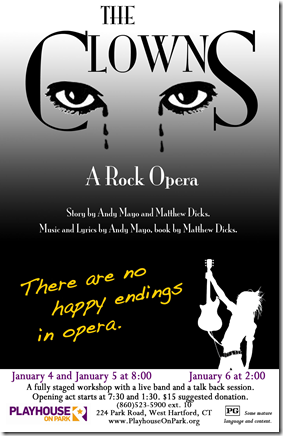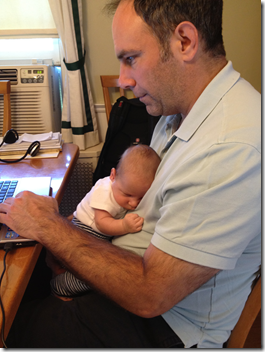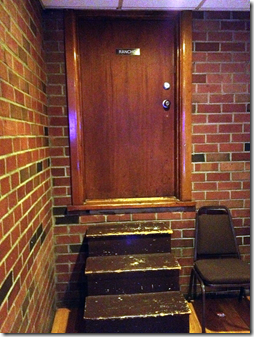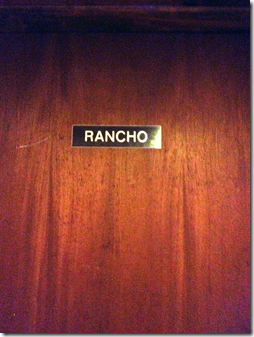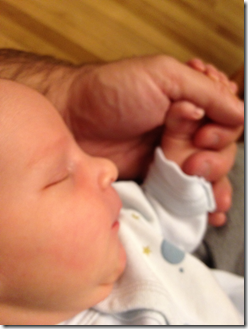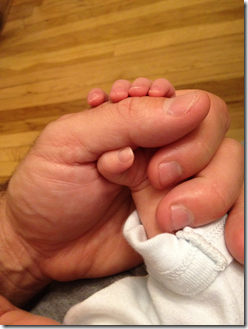When do I write? In the cracks between my toddler’s poops and my wife’s contractions.
/Two years ago, I spoke at a nursing home about my most recent novel.
I take any gig that I can get.
In a sparsely furnished basement room, standing in front of a 78-inch television, I read a little bit from my book, told a few stories, described my writing process and watched as the smattering of men in the audience all nodded off almost simultaneously.
At the end of my talk, an elderly woman approached and told me that she had an “amazing story that will someday make a great book.”
“How old are you?” I asked.
“Eighty-seven,” the woman replied.
“Then shouldn’t you start writing your book today,” I asked. “You could be dead tomorrow.”
This remark earned me an angry glare from the woman and a punch in the arm from my wife, who was standing beside me, but I stand by my statement. That old lady needed to get writing immediately if she ever hoped to finish her book.
She’s probably dead today. More importantly, she’s almost certainly unpublished.
This was not the first time someone has spoken to me about their desire to write without any actual writing to show for it. These future literary giants, who I call someday-writers, are filled with excuses as to why they are not writing.
Some assure me that they are awaiting retirement, a sabbatical or their child’s graduation before beginning the great American novel.
Others blame their delay on location, claiming they can only apply pen to paper in a non-franchised, locally owned coffee shop while sipping organic cappuccino and listening to the soothing sounds of Nora Jones unplugged.
Still others assert that they can only write on a Macbook Air, a Moleskine journal or a yellow legal pad.
These are not writers. These are romantics captivated by the false trappings of an authorial career. They idealize the writing process because the one thing they know about writing is that it’s hard and therefore assume it requires the ideal conditions.
I write in the cracks of my life. The spaces between work and family. I can often be found sitting at the kitchen table, typing with one hand while balancing my eight month old son on my lap and keeping one eye on my four year old daughter, who is sitting on the toilet, straining to make a poop while watching Max and Ruby on the iPad. Though long, uninterrupted afternoons in idyllic pastoral settings would be an ideal way to write, this is unrealistic for most writers.
For so many of us, we write wherever and whenever we can.
Nothing epitomizes this reality better than the day my daughter was born.
My wife, Elysha, and I arrived at the hospital at midnight. Her water had broken but she was not yet dilated.
I still don’t know what dilated means, and please don’t tell me. The less I know about the lady bits, the better.
After being assigned our room, I was ordered to eat Jello in the lobby while my wife was given an epidural, and then she went to sleep for six hours. With pain medication onboard, Elysha slept soundly. I was provided with an arcane, back-breaking torture device upon which to sleep, so rather than suffering, I opened up the laptop and began writing.
Nurses came in and out of the room throughout the night to check on my wife, giving me odd looks and sidelong glances when they saw me sitting in the corner, pecking away, but Elysha didn’t mind a bit. In fact, during one of these checks, she awoke, turned to me and asked, “What are you working on?”
“Milo,” I said, referencing my manuscript.
“Good,” she said. “Keep working.”
I did.
Eventually it was time for Elysha to push. A nurse told me to grab a leg and refrain from passing out. I complied, but during the first hour of pushing, the contractions were spaced far apart and a monitor alerted us to when each contraction was coming. Rather than wasting precious time, I rolled back and forth across the room on a wheeled stool between contractions, from my pregnant, panting, ready-to-pop wife to my laptop and back.
The nurses didn’t appreciate this one bit.
But this is how writers write. We are either writing or waiting for that next moment to write. And these moments rarely happen at a handmade butcher block table in a fair trade coffee shop at the corner of Trendy and Hip Streets.
Writing happens in the mess of our lives, in the cracks between poops and contractions.
